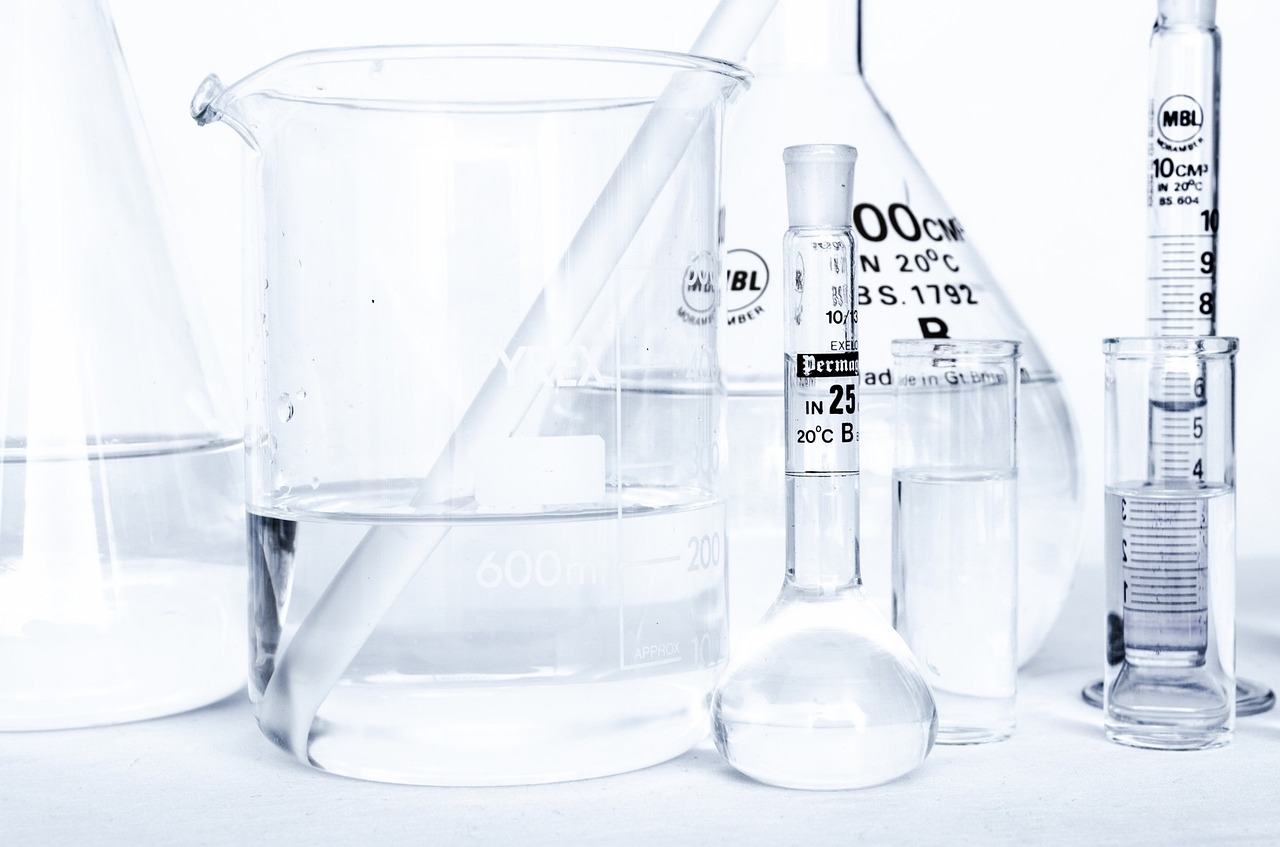Viennese researchers from the Austrian Centre of Industrial Biotechnology (acib) and BOKU Vienna and found a way to use the harmful greenhouse gas CO2 as a raw material for the production of industrial products such as bioplastics, absorbents or important chemicals with the help of an optimised yeast and thus bind it into durable materials. The technology, which is still on a laboratory scale, is not only climate-neutral, but could also make a contribution to the fight against climate change in the future.
Carbon is the basic building block of life on our planet. We consume it in the form of carbohydrates as food, use fossil fuels and produce many everyday materials such as plastic from carbon. Despite its many benefits, carbon’s extensive use since the Industrial Revolution is fuelling one of the biggest problems of the Anthropocene – climate change.
In response to ongoing climate change and the increasing need for renewable resources that are independent of agricultural raw materials, technologies such as recycling CO2 as a feedstock for different materials are therefore becoming more and more interesting.
Plastics and chemicals from CO2
A few years ago, a research group led by Diethard Mattanovich, senior researcher at the Austrian Centre of Industrial Biotechnology (acib) and professor at the Department of Biotechnology (DBT) at the University of Natural Resources and Applied Life Sciences, Vienna, and a CO2-producing, heterotrophic yeast called Komagataella phaffii, were able to modify it so that it can build up its biomass entirely from CO2. “Now we have taken another significant step forward: We were able to produce starting materials for industrial products such as bioplastics, polymers or absorbents from CO2 by introducing further genes from lactic acid bacteria and moulds into the modified yeast” explains Diethard Mattanovich. This groundbreaking work was recently published in the scientific journal “The Proceedings of the National Academy of Sciences (PNAS)”.
First successes on a laboratory scale
By applying synthetic biology methods, the metabolic pathways for the production of itaconic acid and lactic acid could be introduced into the modified yeast K. phaffii and both products could be produced from CO2. Using 13C isotope labelling, the researchers were also able to prove that the desired products were produced exclusively from CO2. With a yield of almost 2 grams of itaconic acid per litre, the first successes have already been celebrated. “We have to further optimise the strains and processes until they are ready for industrial use,” says Mattanovich. “On a laboratory scale, however, we have already been able to show that greenhouse gases can indeed be used as a raw material for important chemicals,” says Özge Ata, Senior Scientist at acib and researcher at BOKU, summarising the enormous potential of this work in combating climate change.
